Consider how you would react if a man in a police uniform barged into the room where you were teaching catechism to children and, with a gun in your face, yelled:
“I’ve told you many times not to speak about Jesus. You must not mention God here, otherwise I will kill you all.” And he meant it.
A Thai Catholic nun, Sr. Agnes Phila, was the one to whom these exact words were addressed, on Christmas Day of 1940, no less. But in the face of the angry cop, the feisty nun didn’t back down one inch. She threw his threat back at him:
“Sir, do you really mean that you will kill us all because we are Catholics and loyal to our Catholic faith?”
The officer said: “I do mean it. I will kill all of you if you continue to talk about God like this.”
Sister Agnes replied: “You’d better be sure you have enough bullets.”
My kinda nun.
“We are well prepared”
The good sister signed her death warrant the next day by sending a letter to the police chief stating that she and her companions had prayerfully decided that they would rather die for Christ than follow orders to be silent about Him. Here is part of the text:
Yesterday evening we received your order to wipe out, definitely, the name of God, the Only Lord of our lives and minds. We adore Him only, Sir…We do profess that the religion of Christ is the only true religion. Therefore, we are asking you to carry out your order with us. Please do not delay any longer. We are ready to give back our lives to God who has given them to us…. We are well prepared. When we will be gone, we will remember you. We will be thankful and will be grateful to you for it. And on the last day we will see each other face to face. We keep your commands, O God, we wish to be witnesses to You!
Then, the best line of all was the last:
We have already made up our minds.
These are the words of intrepid souls who stare death in the face and, like their Lord, pray for their persecutors while they are being brutalized.
Such an amazing act of charity goes far beyond the capacities of any human being and has always been recognized by the Church as the greatest work of grace: martyrdom.
And some sacrifices contain a symbolism that goes quite beyond the event itself. In this case, the name of Sr. Agnes’ religious order was the Congregation of Lovers of the Holy Cross.
The Coup de Grâce
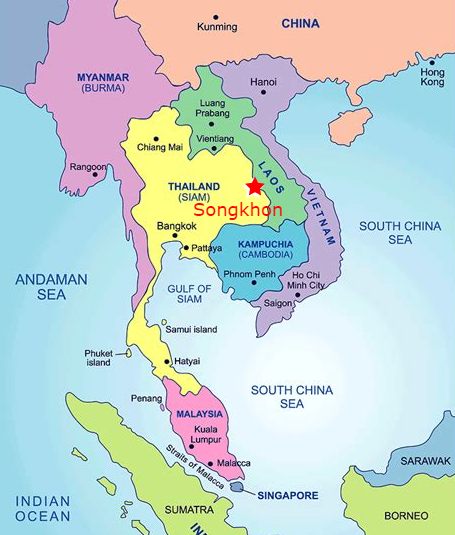 That very day the police chief went to their convent and ordered the “traitors” to walk down to the Mekong River to meet their fate, but in true Christ-like fashion, the nuns would not let evil dictate this detail of their deaths:
That very day the police chief went to their convent and ordered the “traitors” to walk down to the Mekong River to meet their fate, but in true Christ-like fashion, the nuns would not let evil dictate this detail of their deaths:
“No, that is not the place for us to die for Christ. We must go to the cemetery, the holy place.”
Note to tyrants: You don’t get to tell us where we will die. We imitate our Master who said: “No one takes my life from me. I lay it down of my own accord” (Jn 10:18).
Six Catholic women made the walk to the cemetery that day – two nuns, one catechist, and three teenage girls (ages 14, 15, and 16) – while singing holy songs as a sign to the villagers as they walked through the town.
Arriving at the cemetery, the police shot the women and girls one by one. When Sister Agnes and the youngest girl were found to be still alive, the nun actually called the police back, and those wicked men shot them several more times to make sure they were dead.
A death wish, or the ultimate witness? The Church has answered that question:
The six women and one male catechist, who was tortured and killed a week before, are known today as the Seven Martyrs of Songkhon (the name of the village in northeastern Thailand where they were killed).
Pope John Paul II beatified the seven blessed souls in 1986, and you can visit their graves today in a large church named after them in that very same village.
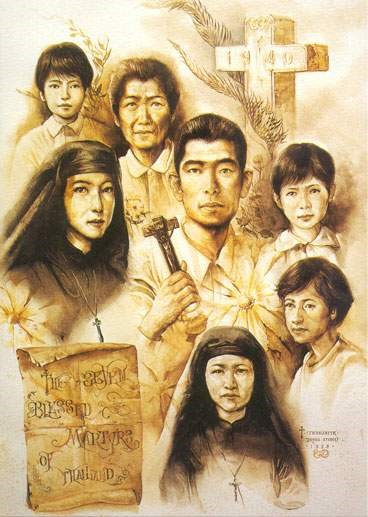
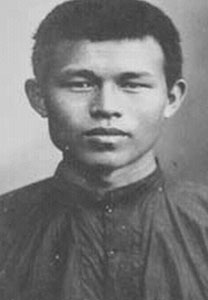
“Odium Fidei”
Brutalist dictators always take out their hatred of the faith (in Latin, odium fidei) on the innocent and defenseless faithful like Sister Agnes and her companions.
That’s what happened to Catholics during a five year period (1940-44) in the country formerly known as Siam. Just prior to that, a Hitler-admiring fascist army officer named Phibun carried out a coup d’état and then immediately changed his country’s name to Thailand, ironically meaning “Land of the Free”.
Catholicism, though it had been a presence in the land for 350 years and comprised less than 1% of the population, was in no way a threat to anyone. Yet, Phibun’s regime began to be identify peaceful Catholics as “western sympathizers”, “unpatriotic”, and “parasites”. (They were the “unvaccinated” of their day.) Evil always stigmatizes its victims before it kills them.
Thailand’s Priest Martyr
The story of martyrdom in Thailand doesn’t end there. Although a number of Catholic priests were killed and exiled at that time, one priest in particular was specially hated by the regime. His name was Fr. Nicholas Bunkerd Kitbamrung, and you won’t believe his story.
During his seminary days, he received a negative evaluation for being “strong-willed” (!), but they ordained him anyway. Father simply turned that personal characteristic into the priestly virtue of extraordinary apostolic zeal.
Early in his priesthood he was sent to the north of Thailand as a missionary to re-convert Catholics who had fallen away out of fear of the new persecution. He helped the French missionaries as an interpreter so they could spread the Catholic faith further into Siamese soil.
Like the sisters, he was repeatedly told to be silent about his Lord Jesus, but Fr. Nicholas responded by making loud public protests asserting the Church’s right to religious freedom in his country. Finally, the regime simply ordered him to stop celebrating Mass and teaching the faith…or else.
Fr. Nicholas adamantly refused to be silent (he was “strong-willed”).
In January of 1941, the day he rang the church bell for Mass at a parish in Bangkok was the day they came to arrest him.
The regime convicted him of being a foreign spy and charged him with “rebellion against the kingdom” sentencing him to 15 years for his “crimes”. (Ironically, the regime itself lasted only five years until it was overthrown by another coup.)
Not to be suppressed, Fr. Nicholas called upon his extraordinary apostolic zeal once again and spent the next three years (1941-44) evangelizing his fellow inmates. He succeeded in baptizing 68 of them into the Catholic faith – in prison!
My kinda priest.
In the atrocious conditions of the prison, Father contracted tuberculosis but was refused medical treatment because he was a Catholic. He died in prison on January 12th, 1944, exactly three years to the day after his arrest.
Pope John Paul II beatified Fr. Nicholas in March of 2000 as a martyr for the faith; he was killed not by a bullet but through the “hardships of incarceration” (Latin: ex aerumnis carceris).
This is the true glory of Christ’s martyrs: they hold nothing back from Christ.
The Possibility of Persecution
And what of us? Such a thing could never happen in America, right? … Right?
We hope not, but the way the political and cultural situation is turning against Christians today, every true believer should countenance the possibility of a persecution scenario like the one above.
Let’s face it: we live on borrowed time. The grace of God sustains us, but we also live in a sinful, corrupt world, and at any moment the torrents of hell can come crashing down on us like a tsunami.
If and when that happens, we have a cohort of faithful martyrs who will be praying for us from their places in glory and assisting us in our need.
The only thing that will be required of us, however, will be fidelity to the Sacred Name.
———-
[This article is a reproduction of the Sacred Windows Email Newsletter of 10/03/21, so it does not end with the regular Soul Work section. Please visit our Newsletter Archives.]
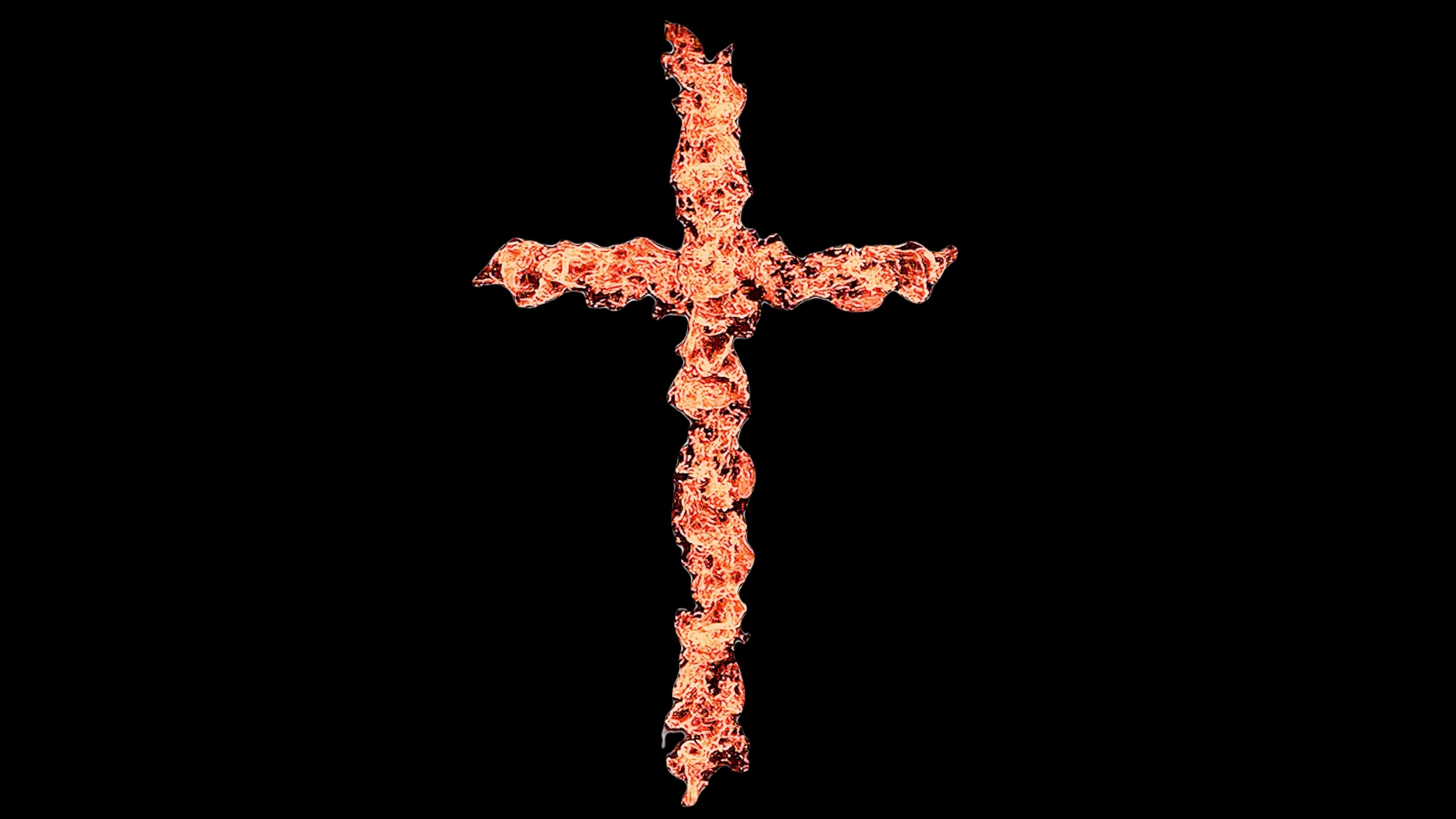
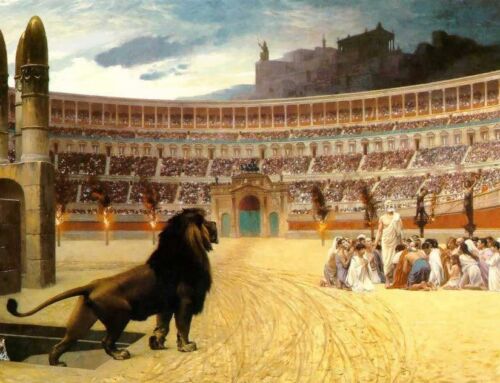
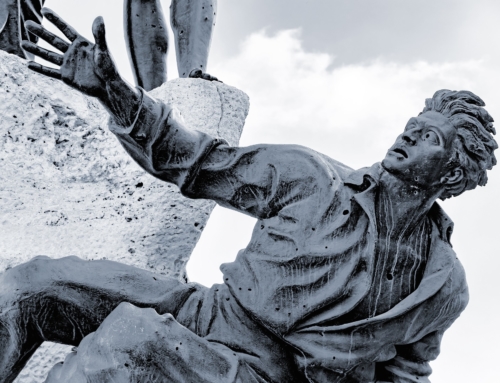
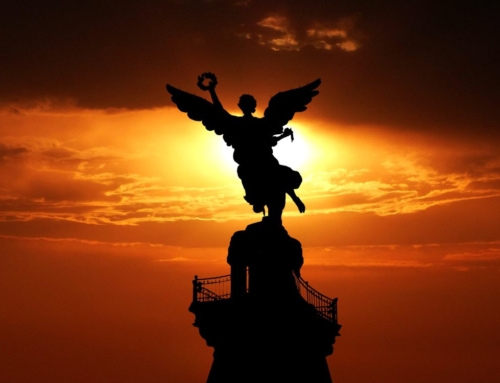
Leave A Comment